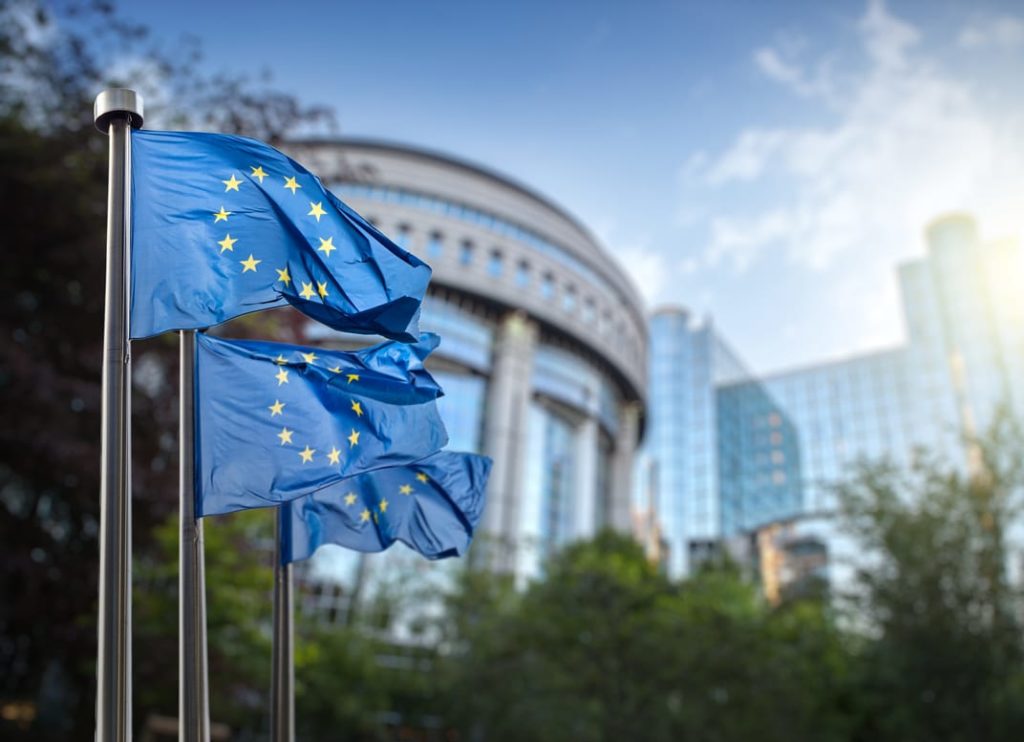After a decade of activism and lobbying, the international anti-corruption movement celebrated an improbable victory on Oct. 23, 2019, when the European Union approved new rights for whistleblowers.
This landmark EU Directive requires all 27 member countries to pass laws to protect employees from reprisals, compensate them if they are victimized, allow them to report crime and corruption directly to the public, and punish people who retaliate against whistleblowers.
In order to get ahead of the December deadline, many countries are now working to transpose the Directive into their national laws. Eight draft laws have been obtained by the National Whistleblower Center and European Center for Whistleblower Rights. To great surprise and disappointment, none of these proposals include any meaningful mechanisms to protect people from retaliation or compensate them for lost wages and other damages.
The Directive plainly states that countries “shall take the necessary measures to ensure that [whistleblowers] are protected against retaliation.” Yet, these protections are totally lacking from draft laws released recently by the Czech Republic, Denmark, Germany, Latvia, Lithuania, Netherlands, Romania and Sweden.
Six of these eight countries rank among the largest economies in the EU. This means that employees at some of Europe’s largest companies and most powerful government agencies will be highly vulnerable to retribution if these draft laws are not radically improved – and soon.
A review of these proposed laws reveals major shortcomings:
- Czech Republic: lacks mechanisms to protect employees from retaliation; does not define damages or include mechanisms for victimized whistleblowers to be compensated; in some cases requires employees to prove that making a disclosure was “necessary.”
- Denmark: lacks mechanisms to protect employees from retaliation; does not define damages or include mechanisms for victimized whistleblowers to be compensated; in some cases requires employees to prove that making a disclosure was “necessary;” allows employers to fire a whistleblower if it is “unreasonable” to maintain or restore the employment relationship.
- Germany: lacks mechanisms to protect employees from retaliation; does not define damages or include mechanisms for victimized whistleblowers to be compensated; inappropriately gives responsibility to receive whistleblower reports to the Federal Commissioner for Data Protection and Freedom of Information.
- Latvia: includes vague mechanisms to protect employees from retaliation; does not define damages or include mechanisms for victimized whistleblowers to be compensated.
- Lithuania: includes vague mechanisms to protect employees from retaliation; does not define damages or include mechanisms for victimized whistleblowers to be compensated; does not identify a public agency with the responsibility to administer and enforce the law.
- Netherlands: lacks mechanisms to protect employees from retaliation; does not define damages or include mechanisms for victimized whistleblowers to be compensated; does not grant new authorities to the current House of Whistleblowers.
- Romania: lacks mechanisms to protect employees from retaliation; does not define damages or include mechanisms for victimized whistleblowers to be compensated.
- Sweden: lacks mechanisms to protect employees from retaliation; vaguely defines damages or mechanisms for victimized whistleblowers to be compensated; in some cases requires employees to prove that making a disclosure was “necessary.”
The National Whistleblower Center and European Center for Whistleblower Rights, along with the law firm of Kohn, Kohn & Colapinto, are in direct contact with Parliament members and public officials in all EU countries. The organizations are urging officials to fully transpose the letter and spirit of the EU Directive into their new laws.
